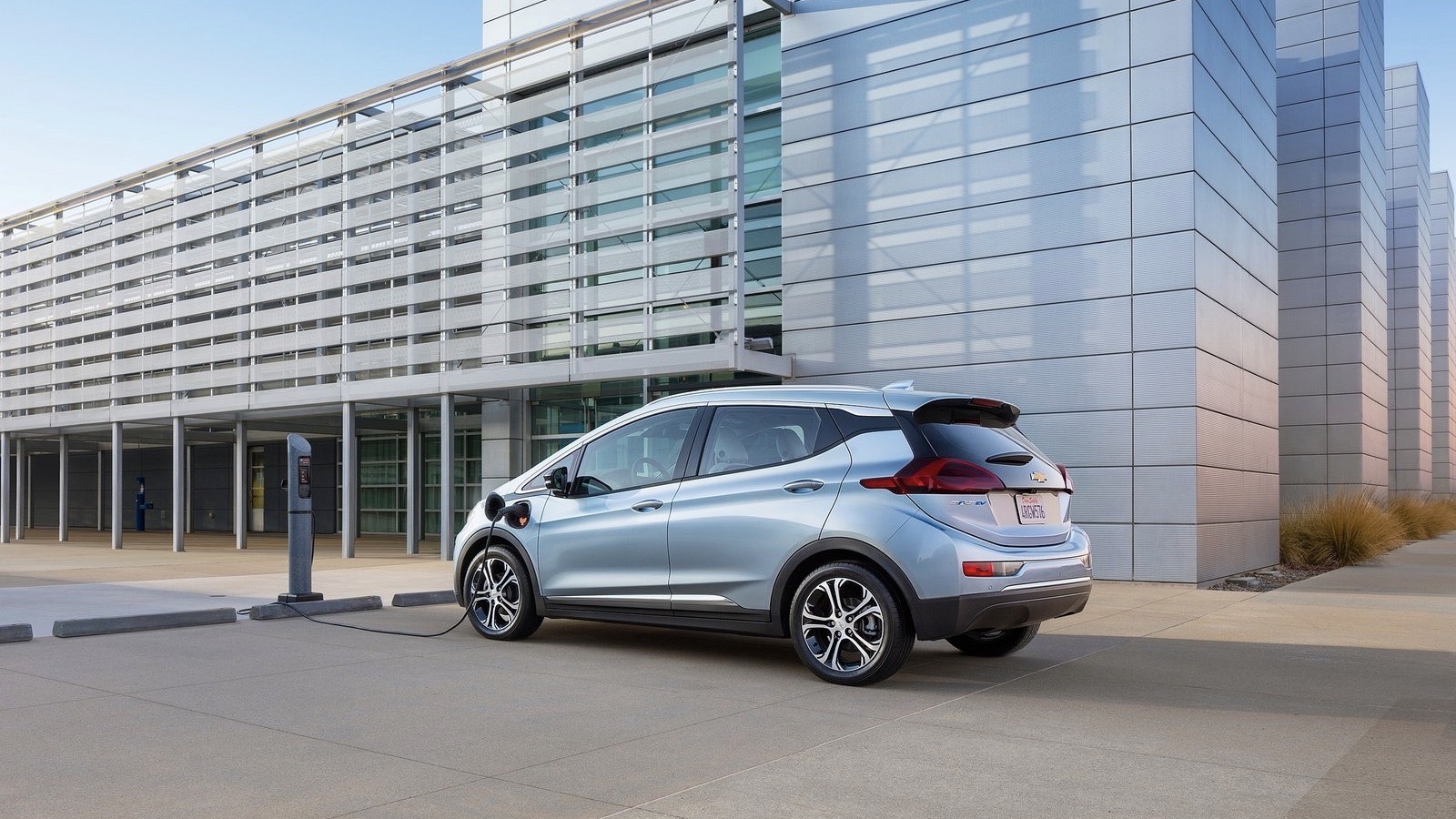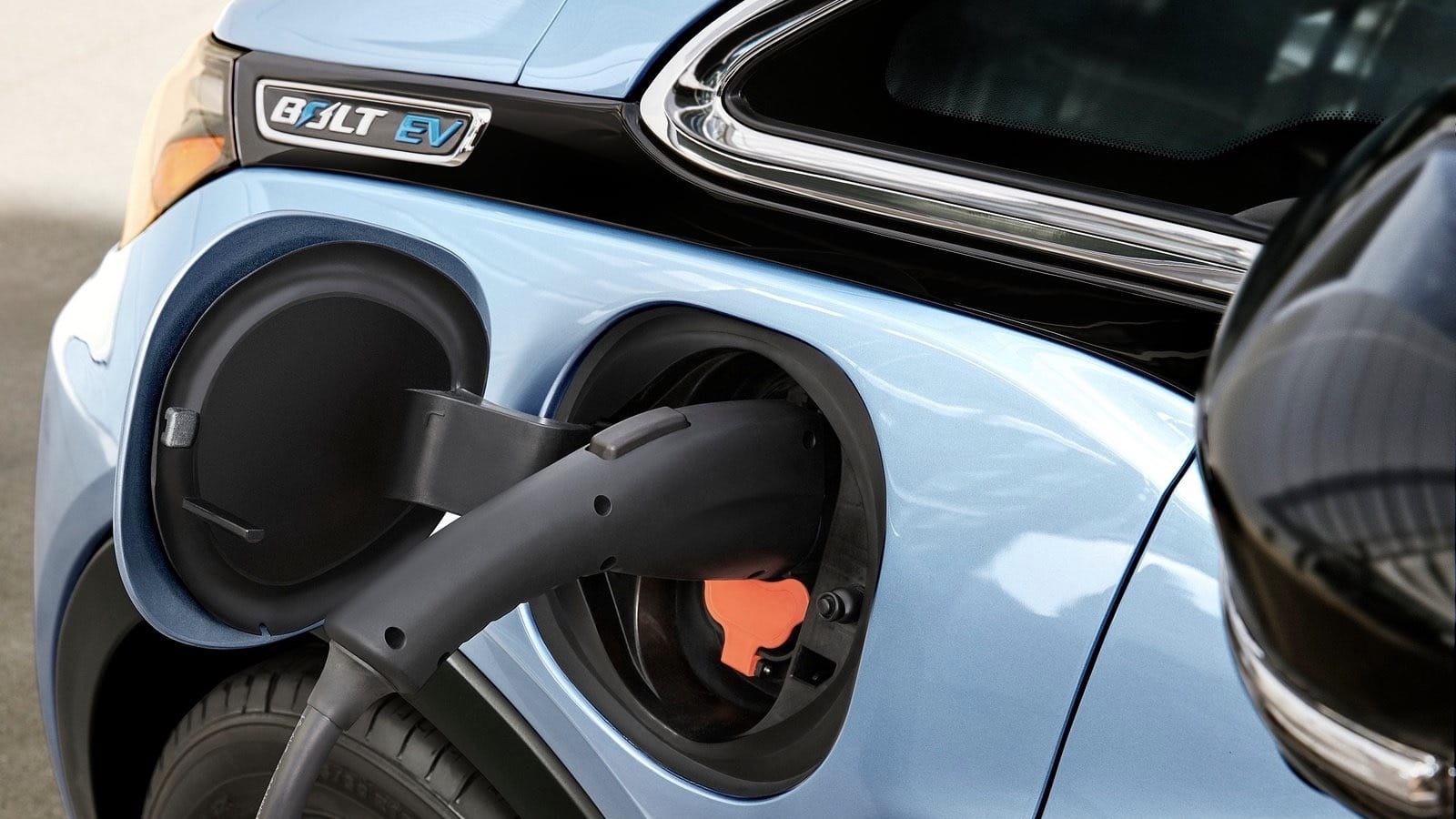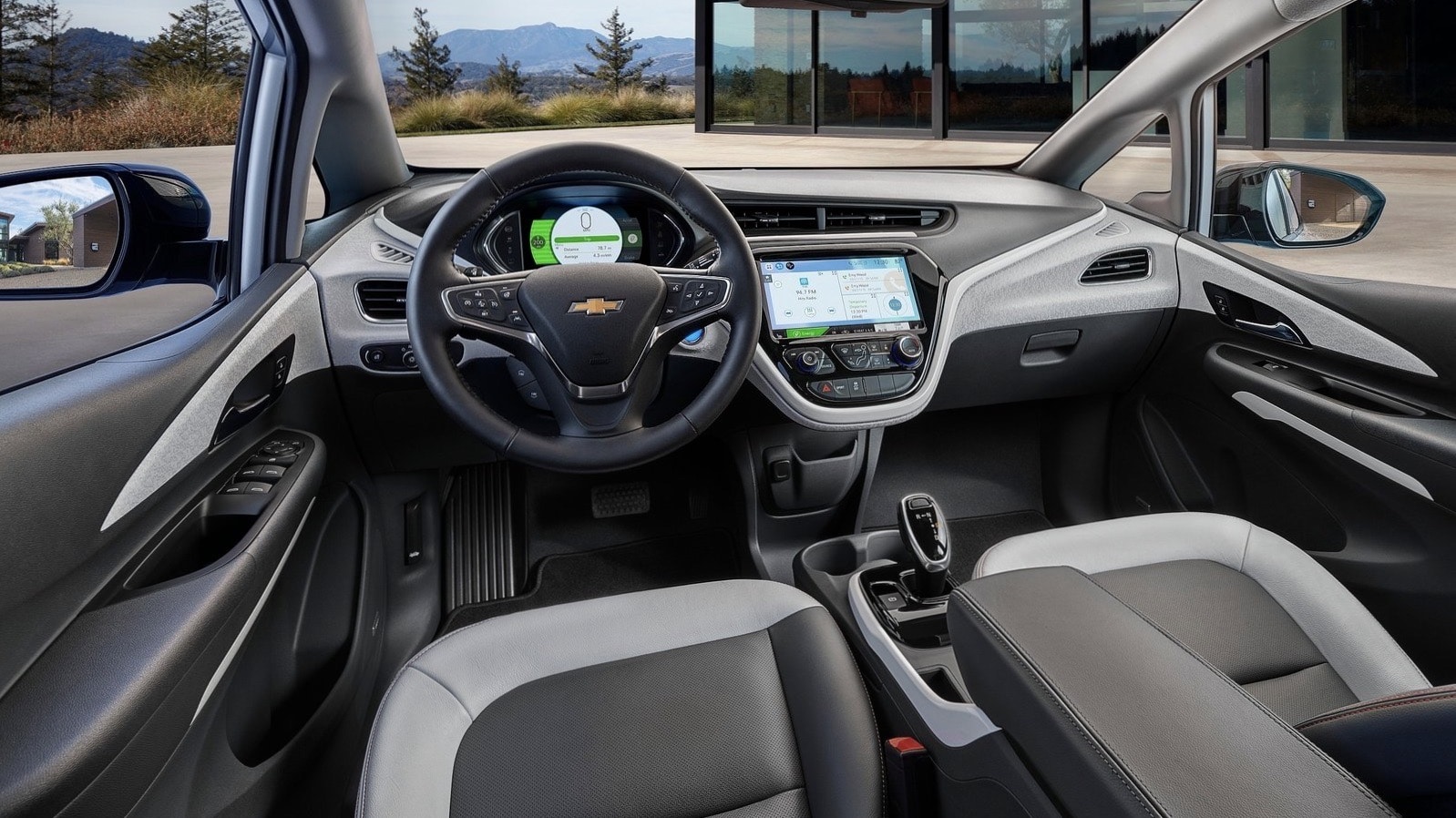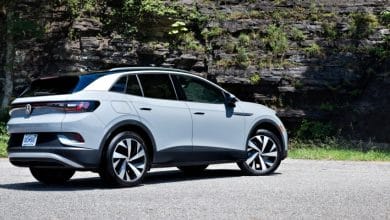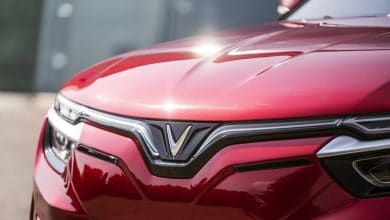Chevrolet Bolt EV fire risk persists

GM is on a tightrope as two other incidents of “spontaneous combustion” involve Chevrolet Bolt EV from 2017 to 2019. Until it finds a solution to the problem, the manufacturer recommends not to leave the vehicle in a garage.
Despite Transport Canada recalls N202311730 / N202311731 which affected the Chevrolet Bolt EV from model years 2017 to 2019, it seems that the problem of “spontaneous combustion” is not 100% solved. GM and Transport Canada made an initial recall in November 2020 and an update last June. This recall affects 7,983 Canadian vehicles, mainly in Quebec, due to the great popularity of this electric compact in our region.
This is what Transport Canada’s N202311730 / N202311731 recalls consisted of:
Problem : On certain vehicles, the high voltage battery may overheat when charged to more than 90% of its capacity. As a result, smoke or heat may escape from the battery, which could melt or damage the battery and parts adjacent to it.
Security risks : An overheating battery may create a risk of fire.
Corrective actions : General Motors will notify owners by mail and ask them to take their vehicle to a dealership to have the Hybrid Drive Module 2 (HPCM2) reprogrammed. This is an interim repair to limit the battery charge to 90%. Before the upgrade is complete on the vehicle, General Motors recommends activating the “Hilltop Reserve” (for 2017-2018 models) or “Target Charge Level” (for 2019 models) option in the center of the vehicle. vehicle infotainment. If the owner is unable to make these changes, they should park the vehicle outdoors, away from other vehicles or buildings, until the software update is installed.
We can therefore see that this is a temporary measure that does not really solve the problem. GM did reprogram, but the two affected vehicles in the United States received it and caught fire anyway.
Therefore, the manufacturer recommends not to park the Chevrolet Bolt EV in a garage, an enclosed space, near a building or other vehicles. GM maintains that this measure is suggested by “over-caution”, but a risk remains, however small.
Based on current analysis, it appears the issue is the same as the one that led to the November recall. In very rare cases, cells could overheat and cause a short circuit which could result in a fire.
GM is giving its dealers a hand with equipment that can diagnose a cell-side charging problem before they become too risky. Since the recall, vehicles are supposed to be equipped with a module that allows the detection of faulty cells.
Obviously, GM and government authorities are continuing their investigations into this issue which casts a serious shadow on the reliability of Chevrolet Bolt EVs from 2017 to 2019.

